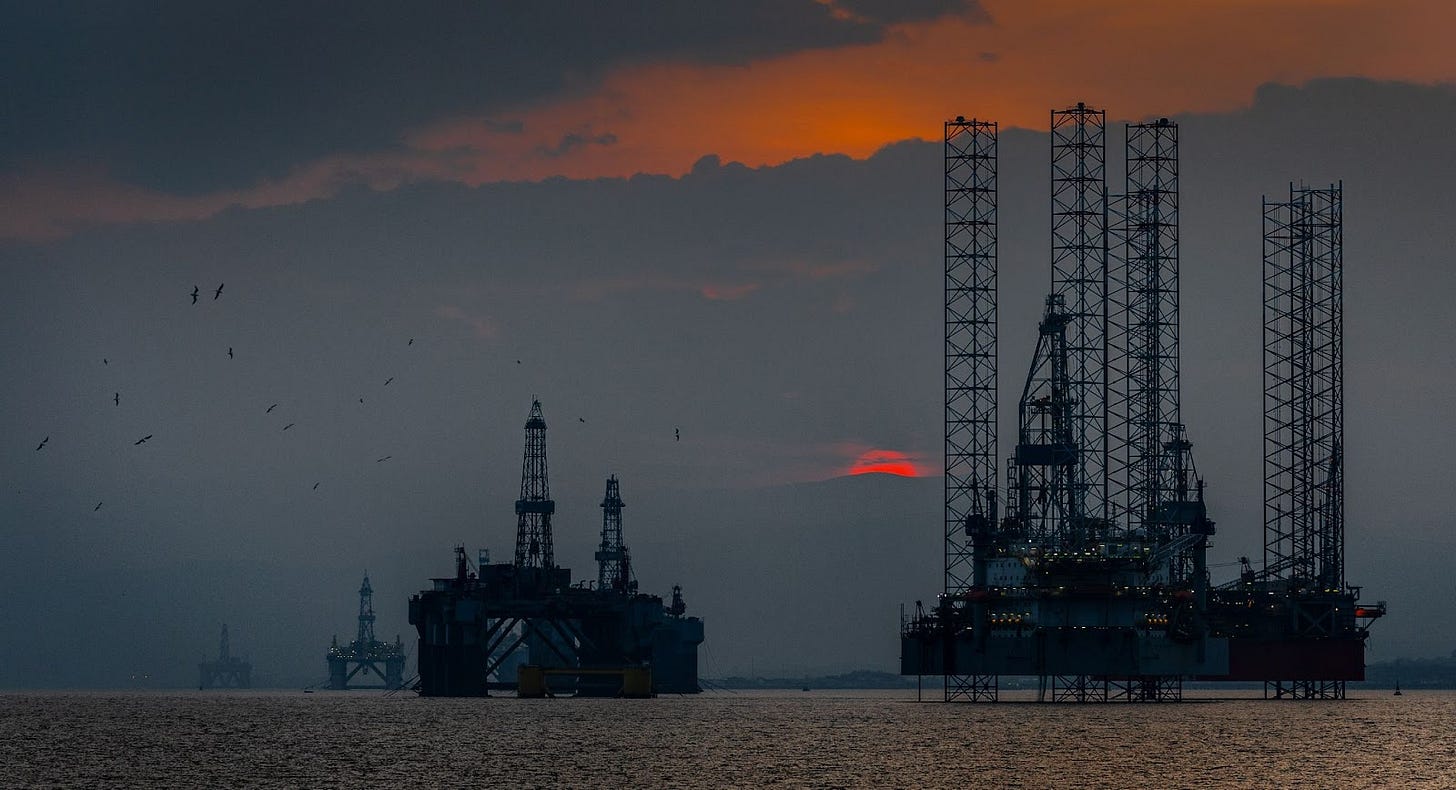Britain’s Last Chance to Become an Energy Producer
The United Kingdom has mismanaged its potential windfalls from North Sea oil and gas reserves, in stark contrast to neighboring Norway. A looming energy crisis is an opportunity to change course.

About 121 billion barrels of oil equivalent (BOE)—a measure of energy that combines oil and natural gas—have been extracted from the North Sea from 1975 to 2020.1 For context, the European Union (EU) consumed 7 billion BOE of hydrocarbons in 2018.2 This means North Sea hydrocarbon extraction has historically averaged about one third of Europe’s contemporary consumption, an output not high enough to make the continent energy independent, but plenty to offset rising energy prices and political costs to hydrocarbon imports from Russia. The United Kingdom, the Netherlands, and Norway have been the main North Sea extractors. But while Norway has maintained consistent production in recent years, growing output by an annual average of 1% between 2009 and 2019, the U.K. reduced output by an average of -4.3% while the Netherlands reduced it by -8.2%.3 While the consensus among policymakers is that the North Sea will lose importance in hydrocarbon production as proven reserves are tapped out, continued findings of new reserves, particularly by Norway, suggest the region could produce significantly more hydrocarbons for the foreseeable future. As energy costs spike globally as a result of Europe’s announced decoupling from cheap and abundant Russian hydrocarbons and failure to secure alternate sources of oil and gas, Britain in particular has a unique opportunity to reverse course and potentially become a key energy producer.

